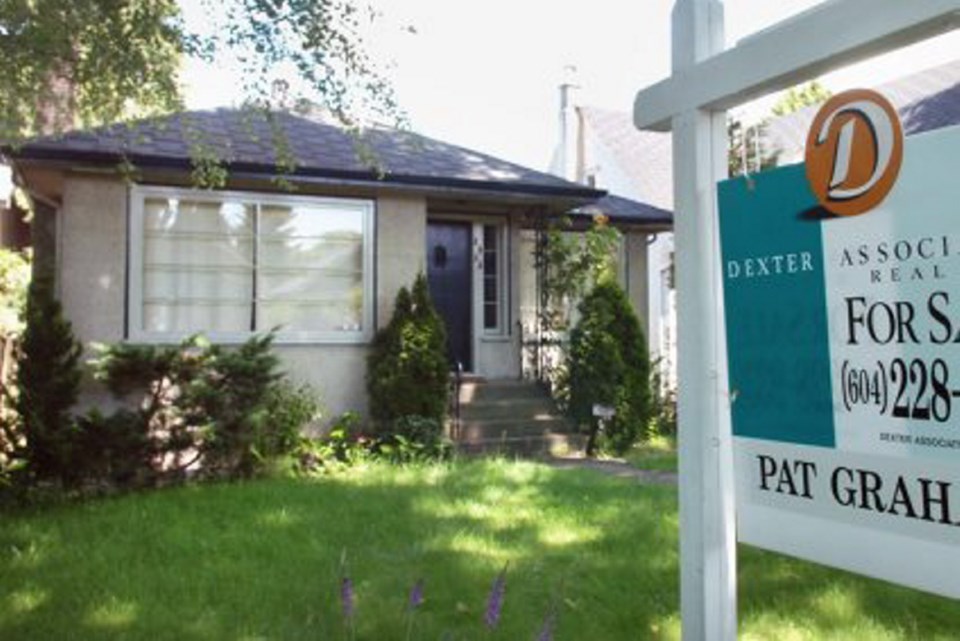 Next month’s provincial budget is going to be an artful demonstration of a government trying to do something about a problem it doesn’t really believe exists.
Next month’s provincial budget is going to be an artful demonstration of a government trying to do something about a problem it doesn’t really believe exists.
The eternal debate on metro Vancouver’s real-estate prices has covered just about every angle, and lately zeroed in on foreign ownership as one of the root causes for sky-high prices.
But the Ministry of Finance took a look at that premise several months ago and doesn’t buy it.
An issue paper was released on the topic of the “perception that non-resident investors are driving an affordability crisis.”
After a lot of analysis, the verdict was: “The data we have does not support this perception.”
There’s a lack of conclusive data on exactly how much foreign money is coming into the Vancouver housing market, because the estimates are subject to considerable uncertainty.
But for argument’s sake, the ministry settled on a conventional estimate that foreign buyers make up less than five per cent of home sales activity there. (Victoria gets less than two per cent.)
Some offshore jurisdictions have taken measures to reduce foreign investment and increase affordability. But the Finance Ministry analysis said they didn’t work and suggests a drastic reduction in foreign investment would have some implications:
• First, it wouldn’t work, because it’s under five per cent of the market.
• But the market is so big that even a small share has big value. So it would cost $1 billion in sales, representing about 1,400 units.
• The analysts say that would cost $350 million in nominal GDP, about 0.2 per cent of the economy. That translates to 3,800 jobs lost in construction and real estate and a drop of 760 housing starts.
In the hypothetical world of modelling changes like these, it said that if home prices fell 10 per cent due to policy measures, that would be a loss of $60 billion in home equity, about $85,000 per homeowner in Metro Vancouver.
Losing that kind of equity would be tough for homeowners. But the values are so exorbitant now ($1.6 million average for single-family houses) that some kind of drop would likely net out as healthy overall.
It would be much easier for the government if a correction developed just out of market forces. That way, they wouldn’t be blamed by the losers for any benefits that flow to the winners. But there’s no sign of any change yet, and the B.C. Liberals are being goaded to do something.
The ministry said the bigger drivers in the market are demographics, interest rates, Lower Mainland geography and the health of the economy. They have combined to create steady new demand. One complication is the big transition from detached to multi-family homes. Intense demand for lots now occupied by single-family homes bids the price up.
So the single-family home is a forgone dream for most new buyers, and has been for years now. But the condo market has kept pace with demand and prices have been relatively flat, says the ministry. This week’s introduction by some Vancouver academics of an innovative speculation tax sparked some attention.
They erase the word “foreign” from the debate and concentrate on “absentee” to make the debate less race-sensitive. They propose a 1.5 per cent surcharge on all empty homes, with the money distributed annually to everyone in the municipality where it’s imposed.
It’s a fascinating concept, but it would be a major government intervention in the market, something Finance Minister Mike de Jong and Premier Christy Clark have been less than enthusiastic about so far.
The Finance Ministry paper suggests that chasing speculators and encouraging densification are easier options to pursue. If flippers’ profits were taxed as income rather than capital gains, it could put the brakes on. But it would be up to the federal government to pursue them.
It also said addressing the issue gradually through supply-side measures that encourage densification might be more desirable than drastic and immediate tax curbs or restrictions. That would put the onus on local governments.
Still, B.C. Liberals have to do something. They might tinker yet again with the property-purchase tax, lowering the ante to get into the game. But there aren’t many signs that would make a difference, either.



